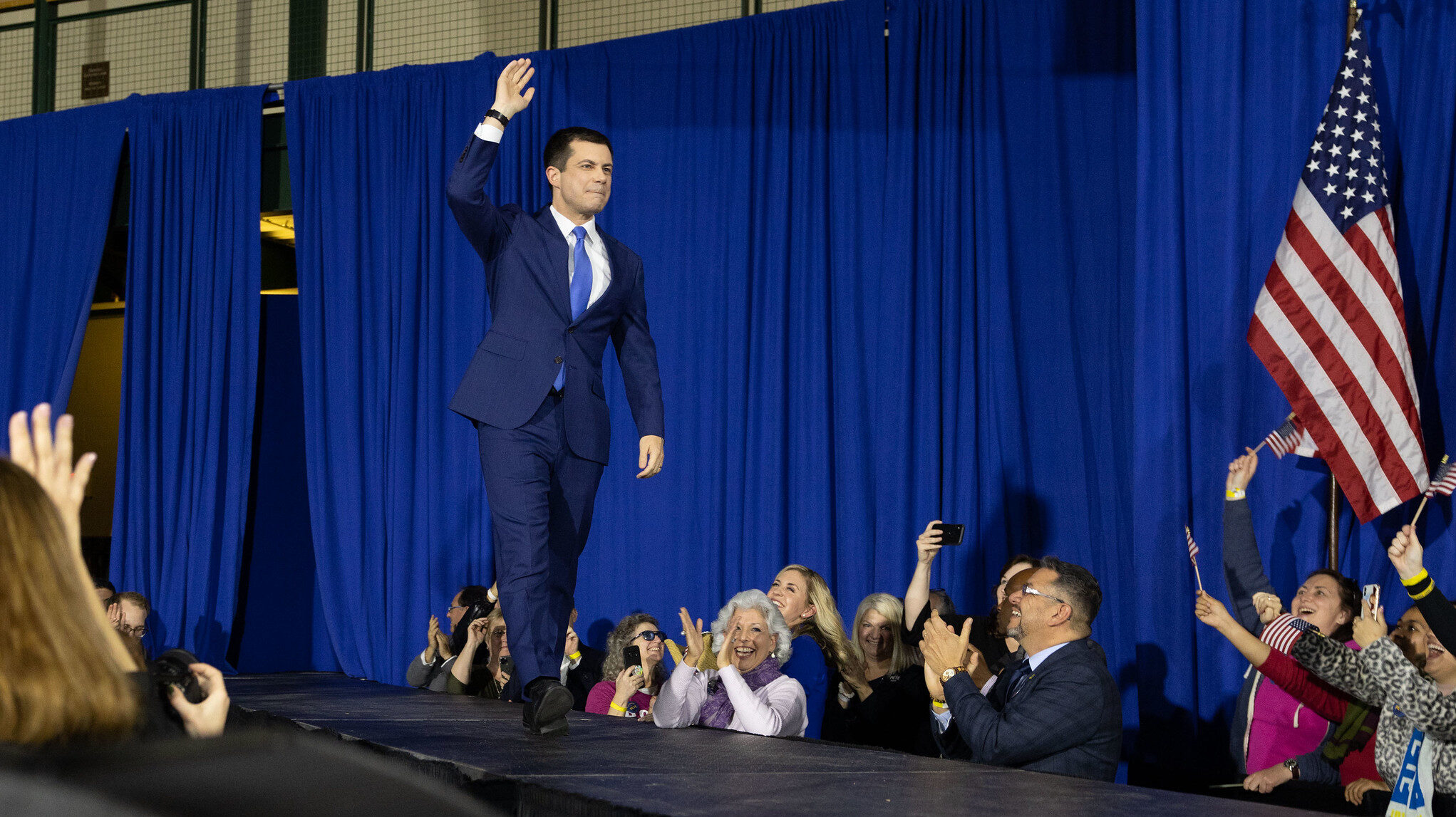
In the first two Democratic contests, Sen. Bernie Sanders and Pete Buttigieg have been awarded the most delegates from the Feb. 3 Iowa Caucus and the Feb. 11 New Hampshire Democratic Primary. These Democratic contests throughout February allow for voters to watch which candidates they can support as the caucuses and primaries approach in their states.
The Iowa Caucus saw Buttigieg take the lead with 13 delegates, while Sen. Sanders was awarded 12. In this caucus system, candidates have to meet a 15% threshold to be awarded delegates; otherwise, caucus-goers who chose a candidate that did not meet the threshold will then move to a candidate of their second choice. In this particular caucus, this system was very significant for Buttigieg.
“Bernie Sanders went into the night with the most people selecting him as their first choice. However, at the end of the night, Pete Buttiegeig won more delegates,” said political science professor Dr. Steven Nawara. “Bernie Sanders did not gain very much in the second round of voting compared to Pete Buttigieg. Though Bernie Sanders went into the night with the most support going in of all the candidates, he was not the strong second choice of many Iowa caucus-goers.”
The results of the Iowa caucus were not released until the following day due to an error in the coding of an app used by the party to count votes. The app, developed by Shadow Inc., failed to accurately report data that was meant to be communicated back to the party. Additionally, the usability of the app was poor, as caucus chairs could not navigate the app, as it required users to download a second app.
When caucus workers attempted to call in their results, an overflow in the number of calls caused the phone lines to jam. Supporters of President Donald Trump who saw the publicly posted phone number also flooded the phone line, further delaying the final count.
“It’s a really bad thing for the Iowa Democratic Party because not only does it undermine the support for the Iowa caucuses generally, and Iowa’s status as the first in the nation race, which was already on thin ice because Iowa is not a demographically diverse state and does not really represent the Democratic party as constituted nationally,” said Nawara. “But it really harmed people like Bernie Sanders and Pete Buttiegeg who ended up winning but really did not get the same amount of media attention because people were talking about the mystery results rather than Pete Buttigieg’s surprising win.”
The New Hampshire Democratic primary results were produced more smoothly and reported Buttiegieg and Sanders tying with nine delegates, while Sen. Amy Klobuchar came in third place with six delegates. Buttigieg’s time spent campaigning in both states as well as both Iowa and New Hampshire’s main demographic makeup of white, educated voters, the demographic most of his supporters fall into, contribute to his success.
Sanders has done particularly well with gaining supporters in a younger demographic. According to Business Insider, Sanders is satisfactory as nominee for 70% of voters aged 18 to 29. In the past, Sanders has performed well in Iowa and New Hampshire; he won the most delegates in the 2016 New Hampshire Primary and almost tied with Hilary Clinton in the 2016 Iowa Caucus, ending with 21 delegates compared to her 23.
Fourteen states will hold their Democratic primaries on Super Tuesday, which will occur on March 3.
